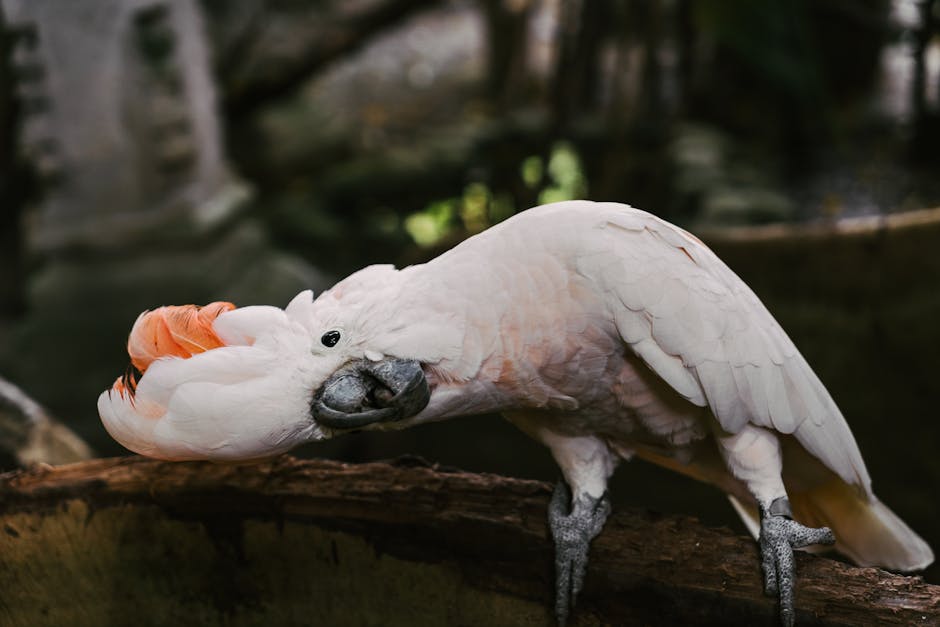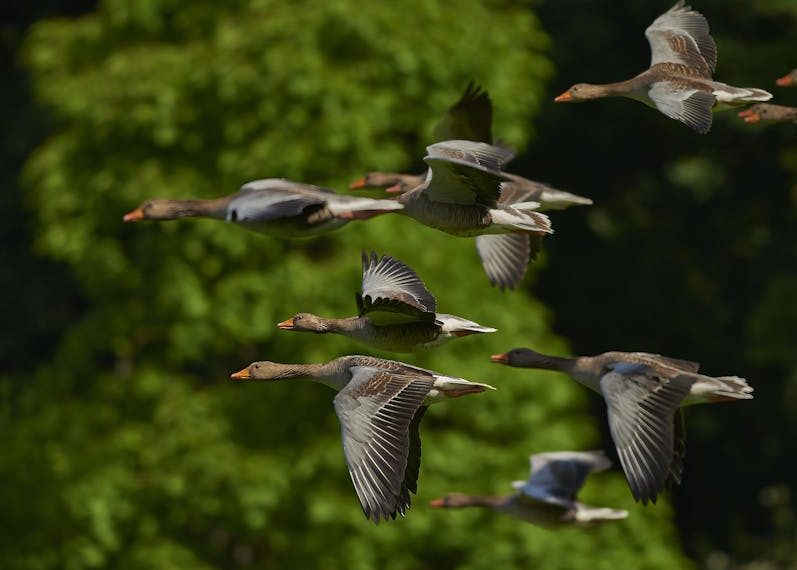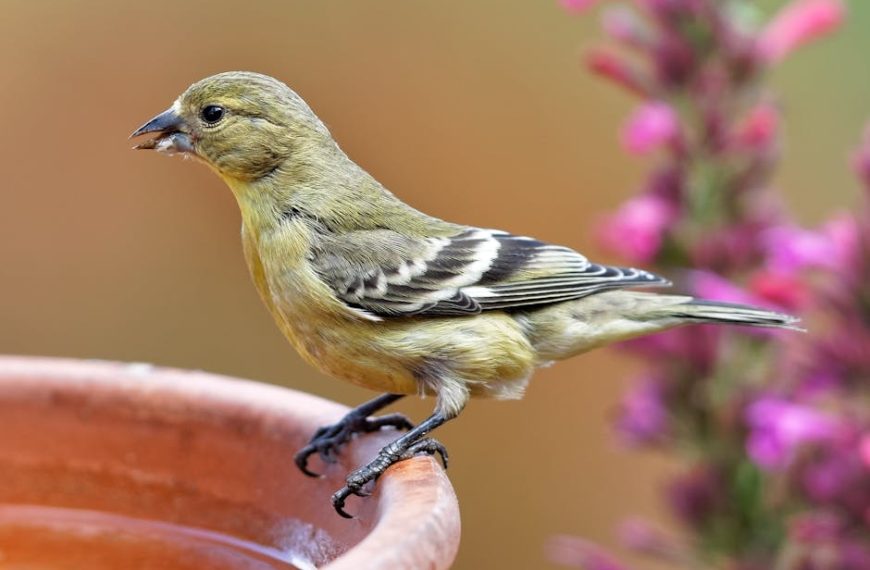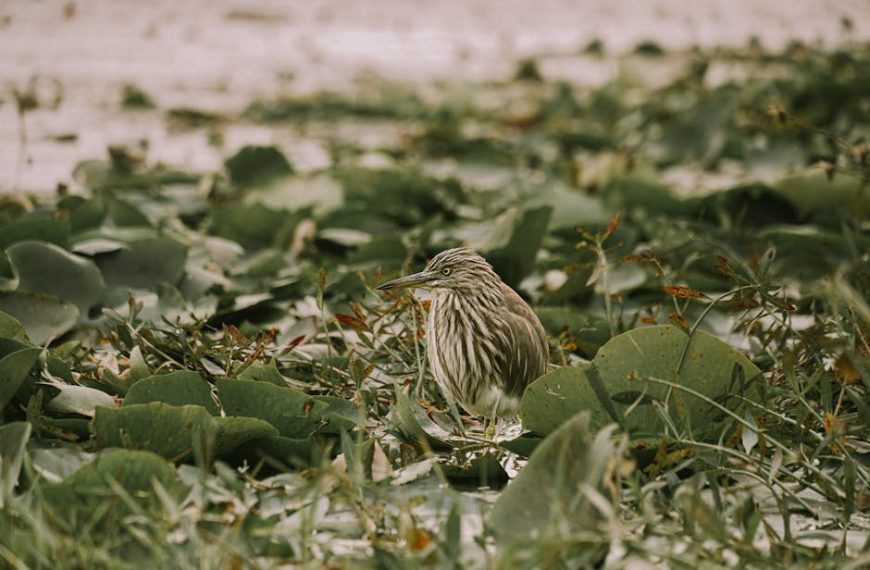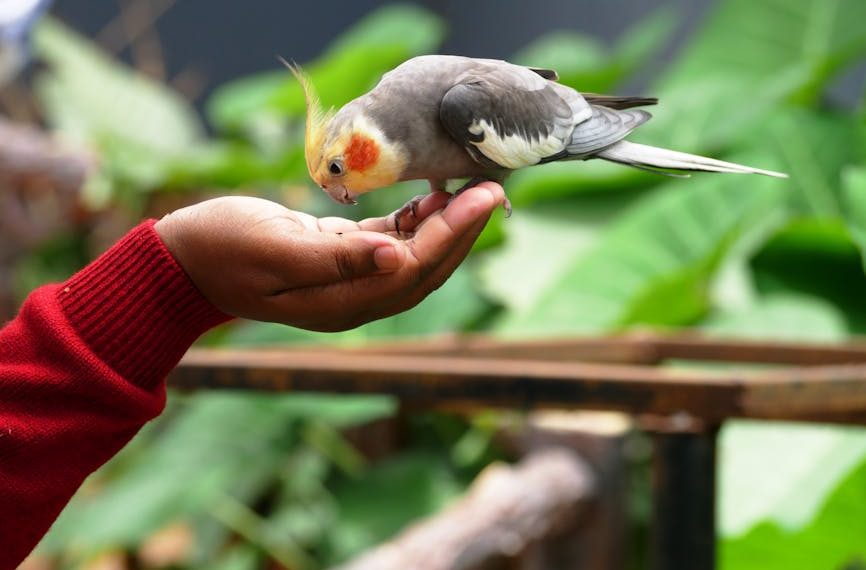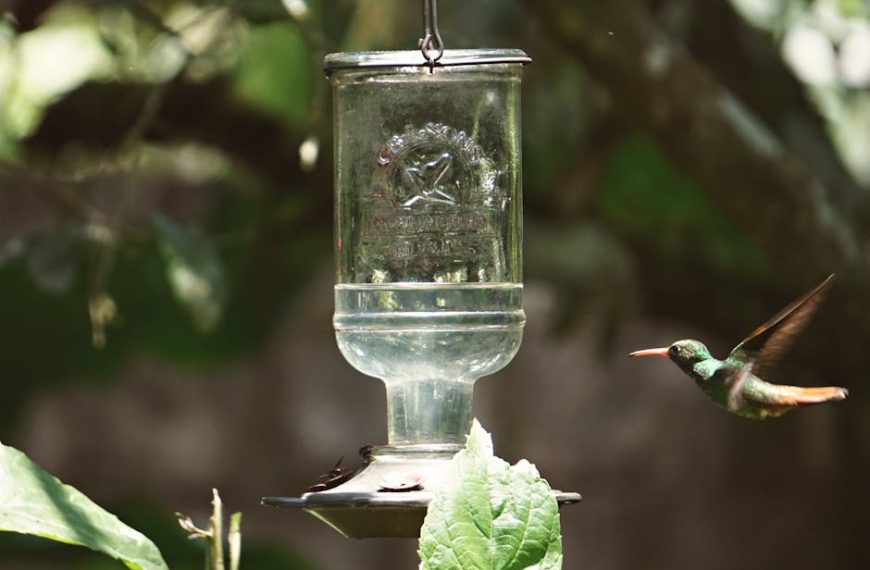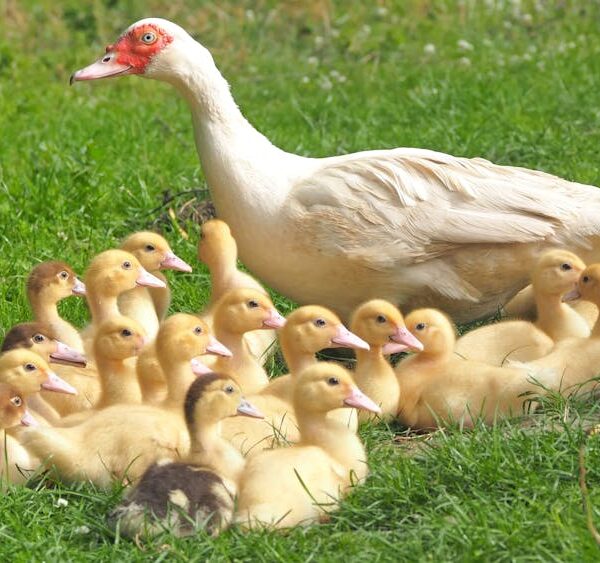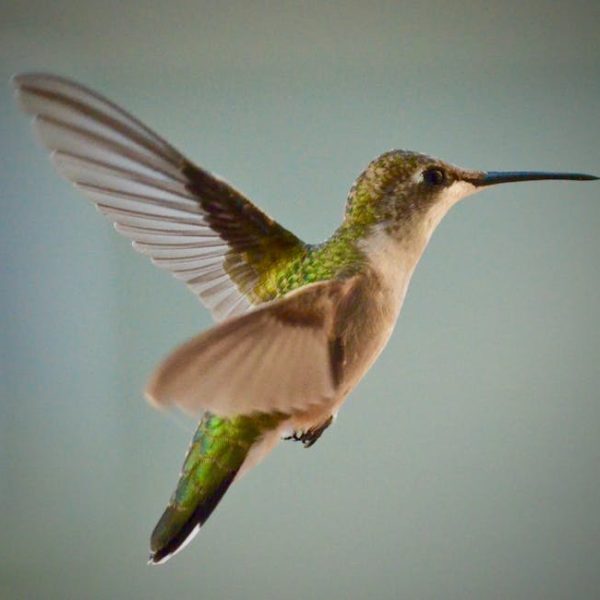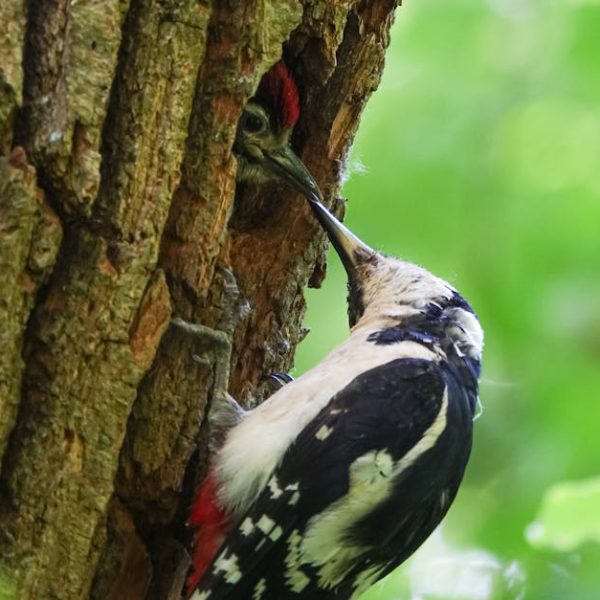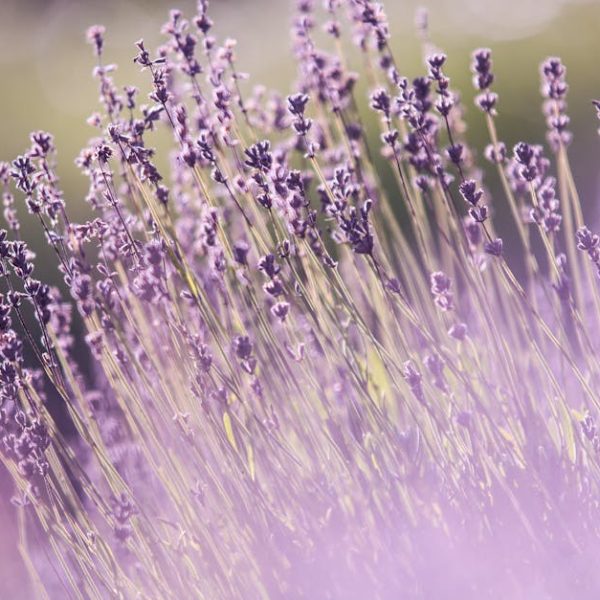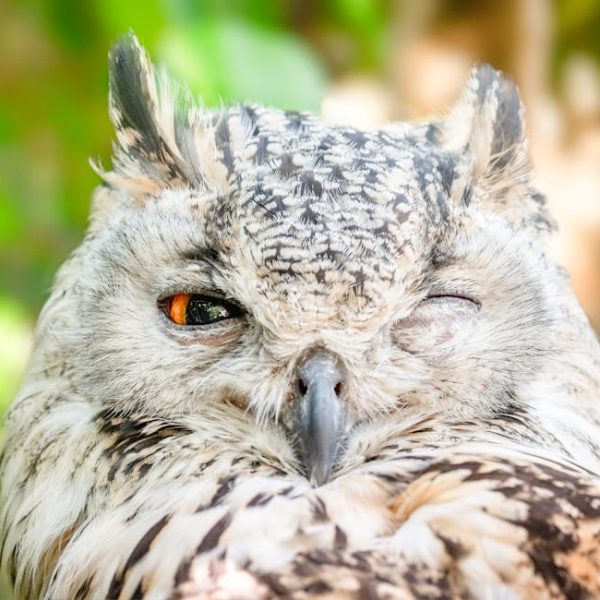Birds are delicate creatures that require a particular level of care and understanding. Among the various practices that bird owners adopt, covering them at night has garnered considerable attention. This peculiar but highly rewarding practice holds various benefits for our feathered companions.
Covering birds at night is more than just a traditional practice; it’s a measure that contributes significantly to their well-being. It not only offers physical protection but also works wonders on their emotional health. Establishing a stable sleep cycle, reducing stress and anxiety, assuring their safety from environmental threats, and maintaining privacy are key areas where the habit proves beneficial.
The Importance of Covering Birds at Night
In essence, birds are diurnal creatures that are active during the day and rest during the night. As a rule, they usually require around 10 to 12 hours of uninterrupted sleep for their good health. The practice of covering birds at night significantly aids in achieving this. Key reasons for covering birds at night are:
- Protection from disturbing elements like light and noise
- Prevention of stress and anxiety from sudden changes in the environment
- Promotion of a long, restful sleep cycle
Best Practice: It is advisable to use a cover that is dark and breathable. It should not trap heat but block out light, and should be easily washable.
Ensuring a Stable Sleep Cycle
A powerful argument for covering birds lies in the promise of a stable, uninterrupted sleep cycle. The cover acts as an artificial nightfall that cues the bird to slow down and rest. Yet, this practice has its own side effects.
Pros: Significant improvement in bird’s health, behavior, lifespan by establishing a steady and regular sleep cycle.
Cons: Overdependence may cause difficulty in waking them up during emergencies.
Pro Tip: Changes in bird behavior can cue you into whether the covering/uncovering routine is working. This will help fine-tune their sleep cycle.
Reduction in Stress and Anxiety
Birds tend to get stressed by sudden movements, loud noises, or bright lights. The last thing they need is their sleep being interrupted by such disturbances. A cover shields them from these elements of surprise, offering a safe and secure environment, thereby reducing their stress levels.
Best Practice: Maintain a calm and quiet environment when covering your bird for the night. This habit can significantly help reduce their anxiety.
Protection from Environmental Elements
A covered bird cage shields your pet from the harsher elements of their environment. Dust, mites, cold breezes, or even predators are effectively kept at bay by a suitable cover.
Pro Tip: Covers resistant to dust and dirt can provide better protection against unchecked environmental invasion.
Maintaining Privacy For Birds
By analogous to humans, birds too value their privacy. As they are territorial creatures, they feel secure in their own space. A bird cover can adequately provide them this much-needed privacy during the night, which can help in their overall well-being.
Essential steps in ensuring privacy for birds during their sleep time:
- Ensure the cover is large enough to provide ample space for the bird to move around.
- Make sure that the birdcage is set up in a location that is calm and away from the main hustle and bustle of the house.
- Be aware of other pets in the house who may disturb your bird’s space while it’s covered.
Best Practice: While providing privacy, ensure the birds are not completely isolated from the environment. They should still feel part of the family space.
The Practice of Covering Birds: A Comparison
Let’s look at a quick comparison between covering birds vs. not covering them at night, using practical contexts.
| Aspect | Covering At Night | Not Covering |
|---|---|---|
| Sleep Quality | Ideal. Less disturbance from environmental factors resulting in a restful sleep. | Can be interrupted due to light, noise, and changes in temperature. |
| Stress Levels | Generally lower. The bird feels secure and undisturbed.’ | Potentially higher due to exposure to environmental factors. |
| Safety | Increased protection against threats such as predators, dust, and mites. | Increased exposure to potential threats. |
| Privacy | Enhanced. The bird gets a feeling of having personal space. | Less ensured. Birds may feel open to the surrounding, resulting in discomfort. |
Based on the table above, it’s clear that taking the effort to cover birds at night is an immensely beneficial practice for these wonderful creatures. Implementing the best practices and tips mentioned along with practical understanding gives the chance to provide the best care for your avian companion. Remember, the more comfortable the bird, the happier it will be, and as a result, the more joy it will bring into your life. So, cover that cage at night, every night. Your bird thanks you for it.
Key Takeaway:
- Covering birds at night significantly contributes to their well-being by helping establish a stable sleep cycle, reducing stress and anxiety, protecting them from environmental elements and maintaining their privacy.
- An effective bird cover should be dark, breathable and easy to clean to block out light and noise without trapping heat.
- Considerations should be made to keep a balance in ensuring bird’s privacy while not making them feel completely isolated.
Maintaining the health and happiness of birds requires understanding and implementing certain beneficial practices like night covering. This not only ensures their comfort but also paves the way for developing a strong bond with your feathered counterparts. Strive to provide the best for your avian friend, and you’ll reap the rewards of joy and companionship.
FAQs
Q: Is covering the bird cage necessary in all seasons?
A: Yes, covering the bird cage is beneficial in all seasons. It protects your bird from environmental elements and ensures consistent sleep patterns regardless of the changes in daylight hours between seasons.
Q: Can I use any cloth to cover the bird cage at night?
A: We recommend using a cover that is dark, breathable, and easy to clean. It should block out light without trapping heat to ensure your bird’s comfort.
Q: My bird gets very anxious. Will covering the cage help?
A: Yes, covering birds at night can help reduce their stress and anxiety levels as it provides them with a calm, secure environment.
Q: Should I completely isolate the bird during its sleep time?
A: While it is essential to provide your bird with privacy during sleep, it doesn’t mean isolating them completely. They should still feel part of the household surroundings.
Q: Should I cover my bird’s cage even during the daytime for a nap?
A: While nighttime covering is most crucial, daytime naps could require a cover too depending on the bird’s habits and the environment around. It is best to monitor your bird’s behavior and make decisions accordingly.
Enjoyed this article? Feel free to share it and explore more posts on bird care on our website.
